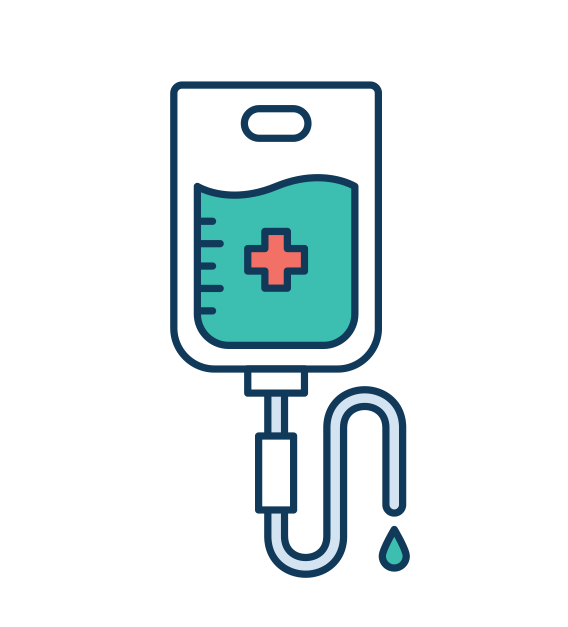Many patients with oropharyngeal cancer can choose between radiation-based and surgery-based treatments, based on personal preference. However, doctors may suggest one treatment over the other based on your unique situation. Patients will need a full work-up that includes imaging studies, visits with many members of the treatment team, and sometimes an exam with tumor sampling in the operating room. This is so the treatment team can figure out what the treatment options are.

What determines whether you can have surgery-based treatment?
Many patients have tumors that can be removed by surgery. However, your doctors may recommend against surgery if your cancer is very large or if it is located in a difficult area. You may also be advised against surgery if you have health problems that make it more dangerous to be put to sleep (anesthesia). Also, your doctors may not recommend surgery if they are certain you would need a full course of radiation or chemotherapy anyway.

What determines whether you can have radiation-based treatment?
Most patients can have radiation. Your doctors may recommend against radiation if you have certain rare conditions or if you had radiation treatment before.


What determines if you need radiation or chemotherapy after surgery?
The need for radiation with or without chemotherapy after surgery is based on the features of your cancer, which can be seen under a microscope after surgery.
- If the cancer involves blood vessels or nerves, you may need radiation after surgery
- If the cancer is too close to the edge of the tissue that was removed (“close margins” or “positive margins”), you may need radiation with or without chemotherapy after surgery
- If the cancer involves more than one lymph node or goes outside the lymph nodes (called “extranodal extension”), you may need radiation with or without chemotherapy after surgery